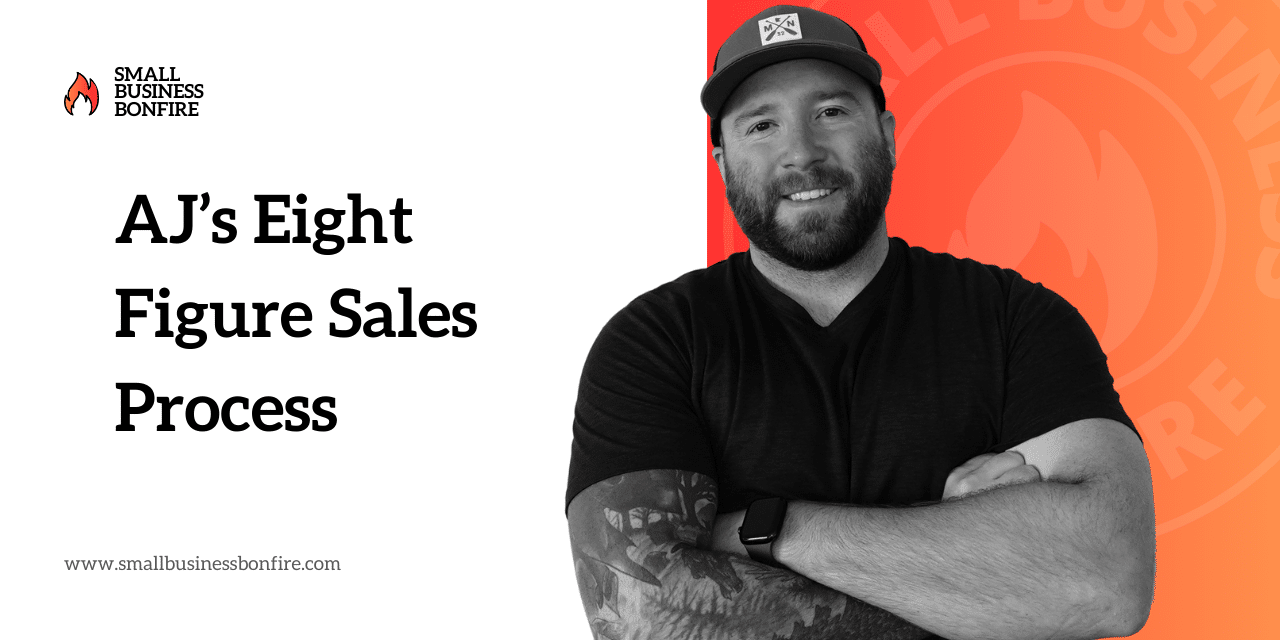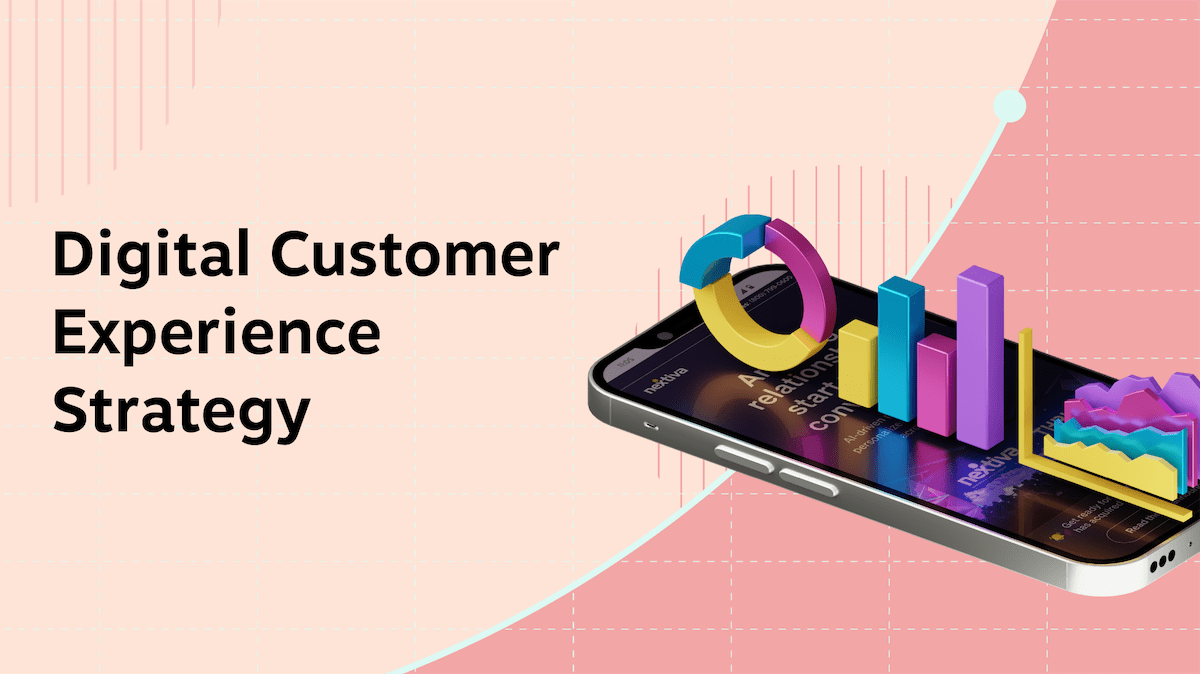AJ Silber’s Eight Figure Sales Process

Table of Contents
Are you ready to take your sales to the next level?
Here’s my multi-million dollar process.
Step 0: Create Customer Persona’s
Before you start selling, you’ve got to know who you’re selling to.
Customer personas allow you to create targeted messages, understand your customer’s pain points, and tailor your pitch to meet their needs.
But you don’t have to get all fancy.
I like to take the “MVP” (minimum viable product) approach to developing customer personas.
What’s that?
Start by finding commonalities in your current customer base.
Who are they? What are some of their pain points? Why are they using your product?
From there, you can make an informed “minimum” list of age, gender, demographics, motives, etc.
Here’s what an MVP customer persona should look like.
Again, it’s nothing fancy; it’s just simple to put a name with a face.
Step 1: Inbound Marketing & Outbound Selling
When I ran The Guerrilla Agency, we ran several marketing campaigns based on customer personas.
Primarily, we focused on SEO, Google Ads, Email Marketing, and Outbound (Cold Calls/Emails).
However, you should utilize the best tactics and strategies for your business.
At some point in your business’s lifecycle, you should be utilizing both outbound & inbound.
We targeted several industries, but I will use Lawyers for this example.
Here’s what that looked like for us.
- Step 1A: Create targeted landing pages based on our customer’s personas. E.G., Attorney SEO.
- Step 1B: Optimize those landing pages for SEO & run targeted Google Ads/Retargeting on those pages.
- Step 1C: Connect with our target customers on LinkedIn. From there, engage with their content.
- Step 1D: Establish a relationship and provide value (in our case, an SEO audit).
- Step 1E: Get their email and contact them directly.
- Step 1F: Get a discovery call on the calendar.
Step 2: Lead Qualification (Discovery Call)
The next step in my process is the discovery call.
The goal of this call is to qualify the lead.
I use BANT for my lead qualification.
- Budget (Do they have the cash)
- Authority (Can they decide to spend the money)
- Need (Do they need what you’re selling)
- Timeline (Do they want it now, or in ten years).
Typically, this call lasts 20 minutes TOPS.
The goal of the call is to:
- Show them you care by asking thoughtful questions about their business.
- Show them you know what you’re talking about (expert power).
- Get the above answers and make it to the next meeting.
That’s it.
Pro tip: You always want the ball in your court. The end of the call should be getting another meeting on the calendar.
If you don’t get that, you’ve lost.
Step 3: Pitch Deck
The next phase of my process is the pitch. The pitch is a demonstration of your product or services.
It’s game day, baby, and it’s time to close.
You’ll want to tailor your pitch based on the learnings from your discovery call (the questions you asked) and their specific business.
Typically, creating a pitch deck for us didn’t take a ton of time.
The goal of a great pitch deck is to show:
- The value (not features) of your product or service.
- Your USP (unique selling points).
- A detail of how you can help that customer (specifically).
- How you’re uniquely qualified to help them (and an expert).
- Case studies of folks you’ve helped in the past.
Pro tip: Make it easy to read & understand; use a 36-point font with pictures.
Remember, the goal of this meeting is to get to the proposal meeting (that you’ll schedule at the end of the pitch).
Step 4: Objection Handling
Keeping track of objections and your corresponding responses is critical.
Over time, you’ll see patterns in the objections that prospects raise.
You can use this information to address these concerns in your pitch before a prospect even brings them up.
Or, at the very least, you’ll have a snap-back response to their objection (that you’ve heard a dozen times).
This isn’t just about overcoming objections—it’s about understanding your prospects’ needs and fears and positioning your product or service as the solution.
Consider maintaining a living document where you log these objections and your most effective responses.
I kept mine in Google Drive.
This is my favorite way to answer the “I’ll think about it” objection.
Step 5: Proposal
If you’ve done your job right, you’ve got a meeting on the calendar to walk through your proposal.
Business owners like to make their proposals super complicated.
Please keep it simple and refine it over time.
Remember, the longer the document, the more time it will take to read.
People are busy, and if they see a 75-page document they have to read, they’ll put it off.
You don’t want that.
Your proposal should include:
- A summary of your prospect’s needs and goals.
- An outline of how you plan to address those needs and goals.
- Your pricing structure and any potential add-ons or upsells.
- Your payment structure for your products or services.
- Termination clause for the agreement.
Step 6: Follow Up
After discussing the proposal…you guessed it…get another meeting on the calendar to discuss the proposal in detail.
Schedule a follow-up call or email a few days after sending the proposal to discuss their thoughts and answer any queries they may have.
This proactive approach demonstrates your enthusiasm and commitment and allows you to address any potential roadblocks in closing the deal.
During this stage, you can further emphasize how your product or service is the ideal solution for the client’s needs.
Step 7: Celebrate
Somewhere along the lines, I stopped celebrating my wins.
Now, I celebrate every “small” win.
Life is meant to be enjoyed and savored.
- Small wins? Pump your fist in the air and smile.
- Big wins? Bust out the Dom Perignon.
Creating a positive mindset for your team and yourself is essential.
Taking time to celebrate your successes, no matter how small, will keep the momentum going and boost morale within your business.








